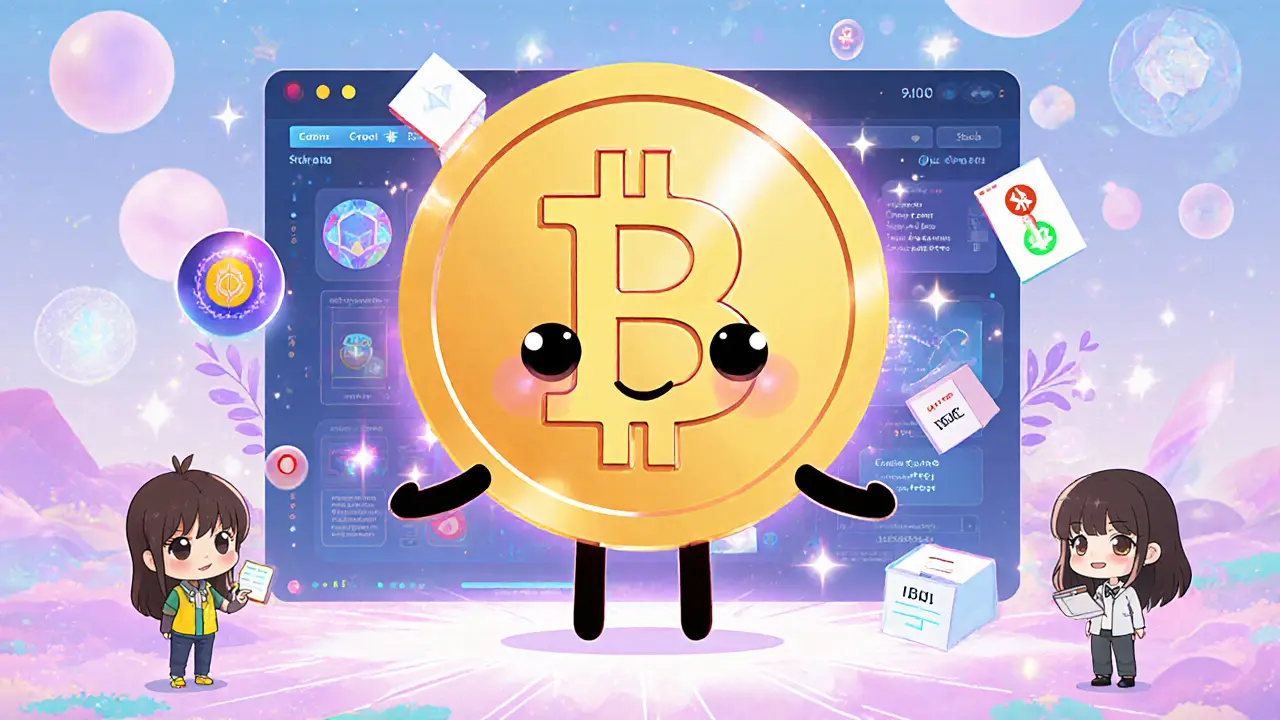Pulsara Airdrop: What It Is, Who’s Behind It, and If It’s Worth Your Time
When you hear Pulsara airdrop, a token distribution event tied to a blockchain project aiming to reward early supporters with native tokens, it’s easy to get excited. But not all airdrops are created equal. Some are genuine community-building efforts. Others are just marketing stunts with no real product behind them. The Pulsara, a blockchain project focused on decentralized identity and user-owned data networks claims to be in the first group—but does it deliver? Right now, there’s no public whitepaper, no verified team, and no live mainnet. That’s not normal for a project handing out free tokens. If Pulsara is real, it’s operating in stealth mode. If it’s not, you’re just signing up for a newsletter that might never turn into anything.
Most airdrops like this rely on three things: a working product, a clear use case, and a community that actually uses it. Look at projects like Uniswap, a decentralized exchange that rewarded early liquidity providers with UNI tokens. They had been running for years before the airdrop. Pulsara doesn’t have that track record. You’ll find social media posts, a basic website, and a few Discord channels—but no code on GitHub, no transaction history on Etherscan, and no exchange listings. That’s a red flag. crypto airdrops, free token distributions meant to bootstrap adoption only work when they’re tied to something people already need. If you’re being asked to connect your wallet, share your email, and follow accounts just to get a token that doesn’t exist yet, you’re not helping build a network—you’re feeding a hype cycle.
What’s worse? Many of these fake airdrops are designed to steal your private keys or trick you into approving malicious smart contracts. Even if Pulsara turns out to be real, the process to claim the tokens might be a trap. Always check official channels. Never click links from Twitter DMs or Telegram groups. Never approve a contract unless you understand exactly what it does. And if you’re being told to pay gas fees to claim your free tokens? That’s not how airdrops work. Real airdrops cost you nothing but time. The blockchain rewards, incentives given to users for participating in network growth should come from the project’s treasury, not your wallet.
So where does that leave you? If you’re curious, do your homework. Look for audits, team members with LinkedIn profiles, or actual usage data. If you can’t find any, walk away. The crypto space is full of noise. The real winners aren’t the ones chasing the next free token—they’re the ones who wait, learn, and only engage when there’s substance behind the hype. Below, you’ll find real stories from traders who got caught up in similar schemes, deep dives into how airdrops are abused, and honest reviews of platforms that actually deliver on their promises. Skip the guesswork. Learn what works—and what just burns your wallet.
